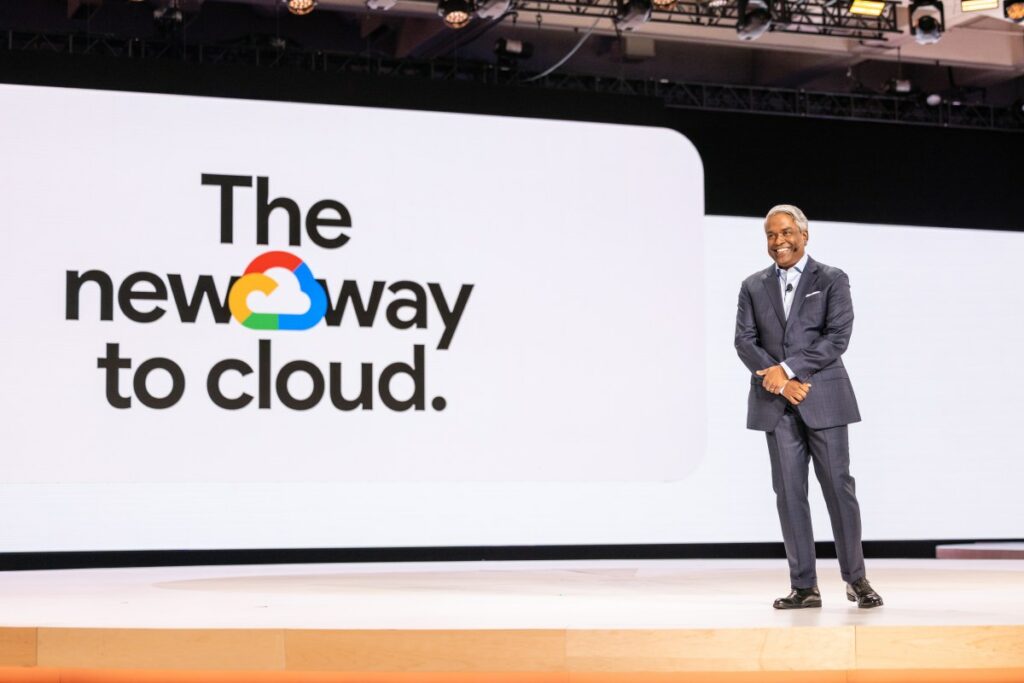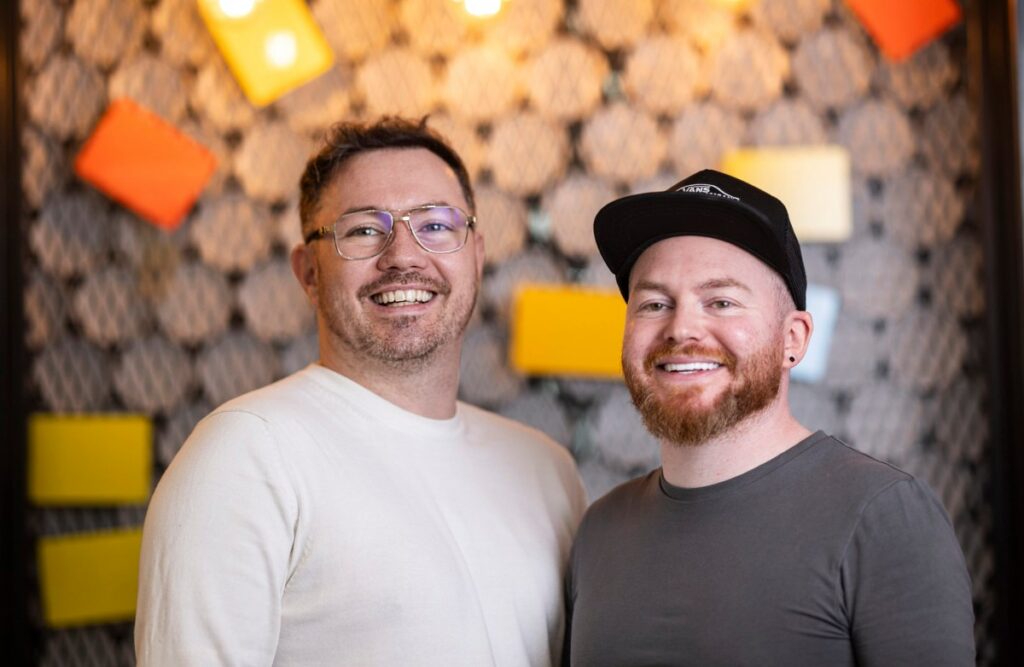Google held its Google Cloud Next conference in Las Vegas this week, where it announced dozens of new features like its next generation AI processing chip, called Ironwood, and its latest AI model Gemini 2.5 Flash.
It also announced a long list of AI startups that have signed to use its cloud. Among them are some of the most watched startups in the world. As we previously reported, this list includes Safe Superintelligence (SSI), the startup founded by OpenAI co-founder and former chief scientist Ilya Sutskever.
It also includes:
Anysphere, which makes the uber popular AI-powered code editor Cursor. Google says Cursor is using Anthropic’s Claude models on Google Cloud. Cursor was recently valued at $10 billion, sources have told TechCrunch. Its biggest rival is probably GitHub CoPilot, so that would make Microsoft one of its top competitors.
Hebbia uses AI to search large documents and answer questions, which has made it a hit in the legal industry. Andreessen Horowitz led, while Index Ventures, Google Ventures, and Peter Thiel participated in its $130 million Series B. It is using Google’s Gemini models, Google says.
Magic is building frontier models to automate coding as well as research. Its choice of Google Cloud is likely somewhat obvious, given that its 2024 $320 million fundraising round included Alphabet’s CapitalG and former Google CEO Eric Schmidt as investors. It’s tapping Google Cloud for GPUs, according to Google.
Physical Intelligence is working on developing foundational software for robots and has a who’s-who roster of co-founders, including solo investor extraordinaire Lachy Groom. It raised $400 million at a $2 billion pre-money valuation in November from backers including Sequoia, Jeff Bezos, Lux Capital, and Thrive Capital. A few of its founders have deep ties to Google, having previously worked at Google DeepMind, including Karol Hausman and Chelsea Finn.
Photoroom is one of the hottest AI startups in Paris, Europe’s center of AI. It offers AI photo editing and is using Google Cloud’s Veo 2 video generating model and its text-to-image model Imagen 3 model.
Synthesia is building products that make highly realistic AI avatars and is using various Google models. It raised $180 million at a $2.1 billion round in January led by NEA but with GV (formerly known as Google Ventures) among the investors.
All in all, Google Cloud is collecting an impressive list of startups to bolster its race against Microsoft Azure, and to some extent AWS, for AI workloads.
In addition, Google announced that it added Lightspeed to VC partners in addition to Sequoia and Y Combinator. Google Cloud grants portfolio companies from its partner investors access to its AI chips and models. Lightspeed’s AI portfolio companies can qualify for $150,000 in cloud credits, Google said. So it has plans to convince even more rising star startups to join its cloud.
Here are the rest of the AI startups that Google showcased this week:
- Augment Code – AI software coding agent.
- Autoscience – scientific research AI agents.
- Big Sur AI – personalized recommendations for ecommerce
- Captions – talking video creator and video editor
- Eon.io – autonomous enterprise backup and recovery
- fal is – Text to image, and image to video
- Spot AI – AI for security cameras
- Story – blockchain for storing and licensing intellectual property
- Studyhall AI – Coaches students on reading, writing, and exam prep
- Ubie – Japanese healthcare symptom analyzer
- Udio – music creation
- Ufonia – agent for clinical healthcare consultations with patients
- Wagestream – financial wellbeing platform built by charities
- Wondercraft, GenAI realistic audio content


